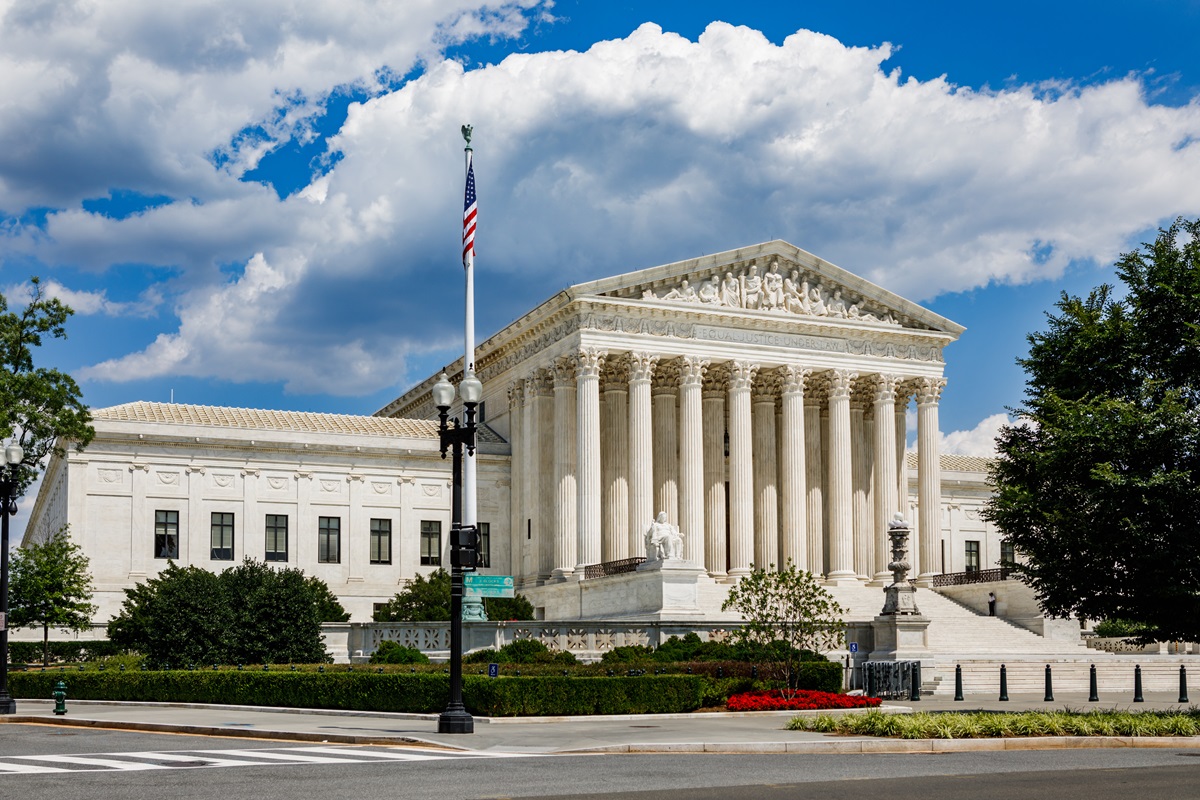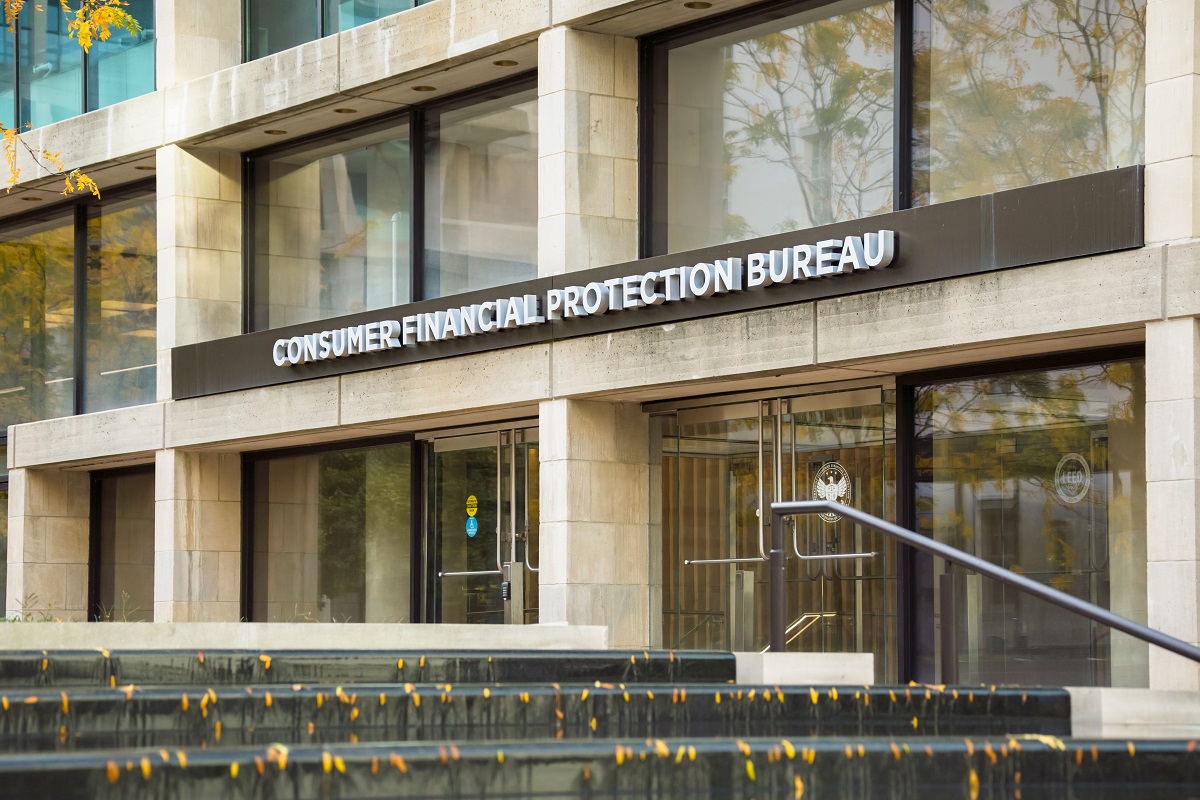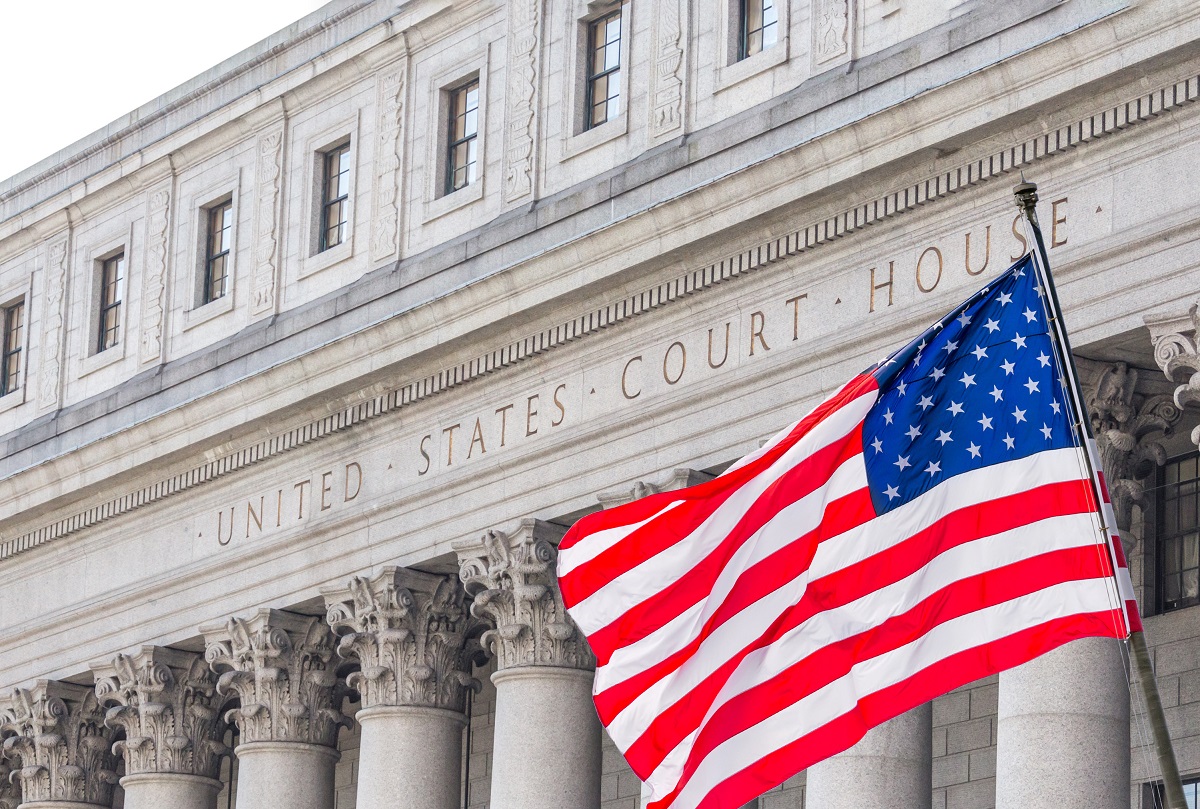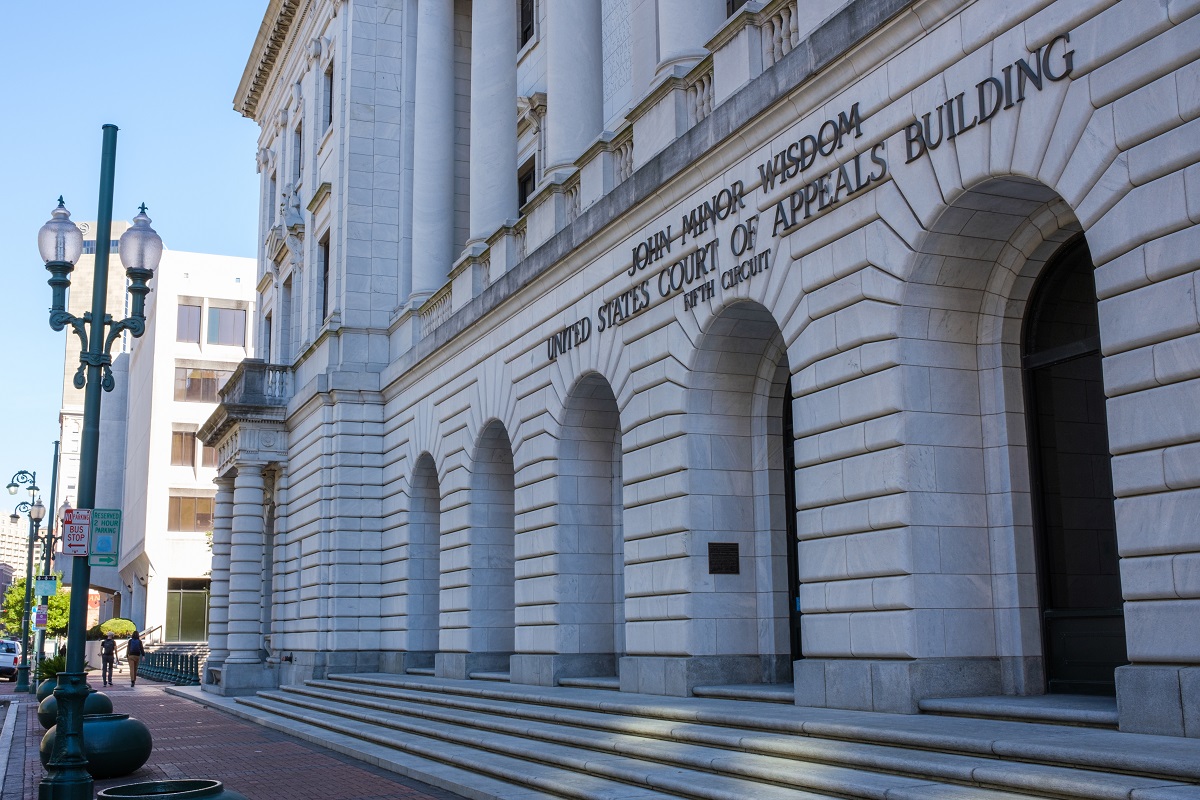The U.S. Supreme Court ruled on Thursday that the Consumer Financial Protection Bureau’s funding mechanism complies with the Constitution’s Appropriations Clause.
Posts tagged as “CFPB”
The Consumer Financial Protection Bureau on Nov. 16 released its annual report regarding its activities taken in 2023 to administer the Fair Debt Collection Practices Act, spotlighting, among other topics, the collection of medical debt.
Continuing on its mission to curb abusive collection efforts related to medical debt which began to take life in 2022, the CFPB on Sept. 21 announced its initiation of a rulemaking process to remove medical bills from credit reports entirely.
A three-judge panel of the U.S. Court of Appeals for the Second Circuit handed down a decision on March 23 holding that the funding mechanism for the federal Consumer Financial Protection Bureau is constitutionally sound. In doing so, it “respectfully decline[d] to follow the Fifth Circuit’s decision” in Cmty. Fin. Servs. Ass'n of Am., Ltd. v. CFPB.
The U.S. Supreme Court has agreed to consider a decision by the U.S. Court of Appeals for the Fifth Circuit that found the Consumer Financial Protection Bureau’s funding structure was unconstitutional. And so, for the second time in less than four years, the CFPB’s fate is set to be decided by the nation’s highest court.
The U.S. Court of Appeals for the District of Columbia Circuit recently reversed the ruling of a trial court and concluded that the Consumer Financial Protection Bureau’s Prepaid Rule, which regulates digital wallets and other prepaid accounts, does not mandate a “model clause” in violation of the Electronic Fund Transfer Act.
The U.S. Court of Appeals for the Ninth Circuit recently affirmed a trial court’s ruling in favor of the Consumer Financial Protection Bureau against a company and its owner that provided fee-based scholarship and financial aid services to prospective and current college students.
The Consumer Financial Protection Bureau increased the maximum civil penalty it can impose within its jurisdiction after Jan. 15, 2023. The increases are mandated by federal law, which requires agencies to adjust for inflation each civil monetary penalty within an agency’s jurisdiction by Jan. 15, 2023.
Last year saw an influx of federal and state regulation aimed at what information must be conveyed to consumers in anticipation of the provision of medical services as well as restrictions on the collection of medical debt. Expect more activity in 2023.
On Oct. 25, 2022, the Director of the Consumer Financial Protection Bureau (CFPB), Rohit Chopra, announced at a fintech conference that the CFPB “will launch the process to activate a dormant authority under Section 1033 of the Consumer Financial Protection Act . . . [to] provide for personal financial data rights for Americans . . .”
The U.S. Court of Appeals for the Fifth Circuit on Oct. 19 held that the federal Consumer Financial Protection Bureau’s Payday Lending Rule was invalid because it was promulgated using an unconstitutional funding scheme.
Insufficient data protection or information security can violate the prohibition against unfair acts or practices according to a circular released last week by the federal Consumer Financial Protection Bureau.











